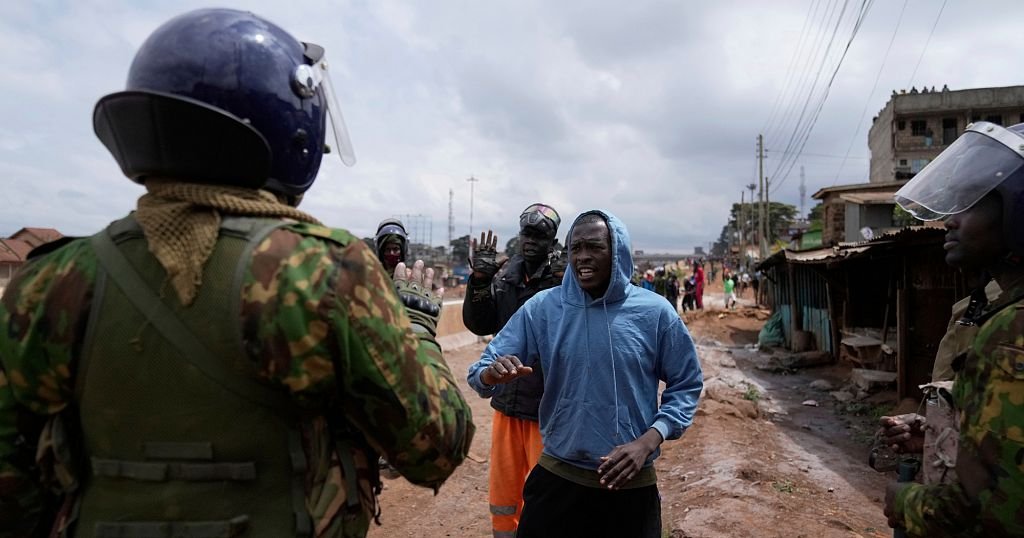Africa
Broken windows and lootings: Nairobi businesses deal with protest aftermath

In the wake of countrywide protests which turned violent in Kenya on Monday, traders were counting their losses following extensive damage to their businesses and buildings.
Police in Kenya clashed with demonstrators Monday during the latest anti-government protests, killing 10 people, according to the state-funded human rights commission.
Authorities blocked major roads leading into the capital, Nairobi, and most businesses closed amid the strictest measures yet to contain the unrest. Kenyan youth and others for weeks have been protesting police brutality and poor governance while demanding President William Ruto’s resignation over alleged corruption and the high cost of living.
July 7, known as Saba Saba, is a significant date in Kenya’s history, marking the first major protests 35 years ago that called for a transition from a one-party state to a multiparty democracy, which was realized in the 1992 elections.
Saba Saba is Swahili for Seven Seven.
Kenya’s latest wave of violent demonstrations was sparked by calls for police accountability following the death of a blogger in police custody last month.
